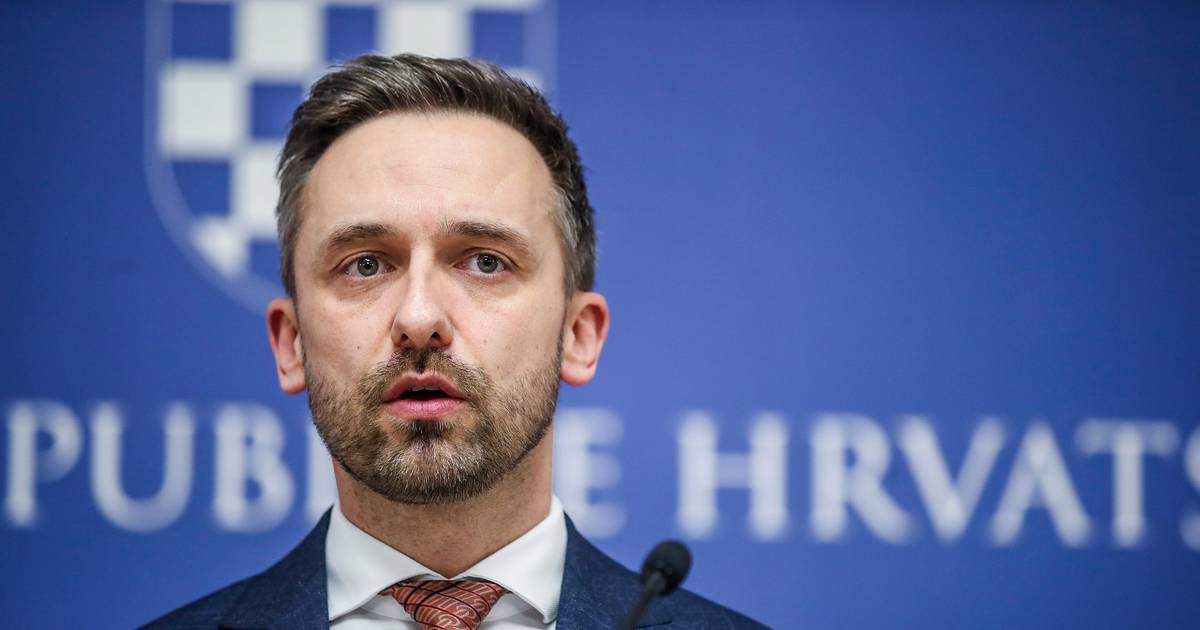After ten years of debate, the government has made significant changes to the Law on Temporary Maintenance to better protect children whose non-custodial parent does not pay or only partially pays alimony. The new rules include increasing the state’s contribution to a child from an average of 100 to 200 euros, ensuring that the child receives the full legal minimum amount even if the responsible party fails to meet this requirement, and extending the payment period for compensation until the children reach majority age or age 26 if they are still in school. Those with serious and permanent illnesses or disabilities will also be eligible for temporary maintenance for as long as they are incapacitated.
The process of recognizing and paying temporary maintenance will now be handled by the Agency for Workers’ Insurance Claims, and grandparents will no longer be responsible for providing maintenance. The state will demand repayment from non-paying parents with default interest, and repo options such as foreclosing bank accounts or enabling debt repayment through public work. The debt will not be claimed from heirs if the liable person passes away.
All political parties support these changes, but some have raised concerns about their implementation and effectiveness. The opposition has suggested that the government pursue other options like foreclosing companies or property of higher value from those who do not pay alimony, and has questioned why the state does not pay the full amount of alimony. Additionally, there are concerns about whether the Agency for Workers’ Insurance Claims has enough capacity to handle this new responsibility.
The second reading of the Law on Temporary Maintenance in parliament is expected in autumn, with these new rules set to come into effect by year’s end. It is hoped that these changes will help protect children whose parents fail to fulfill their financial obligations towards them.



